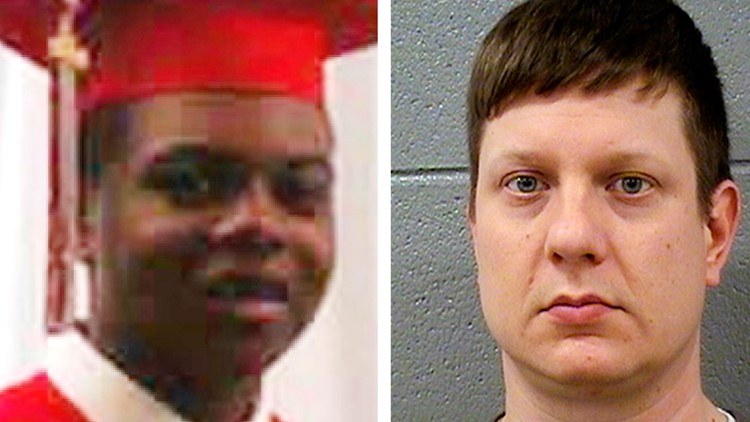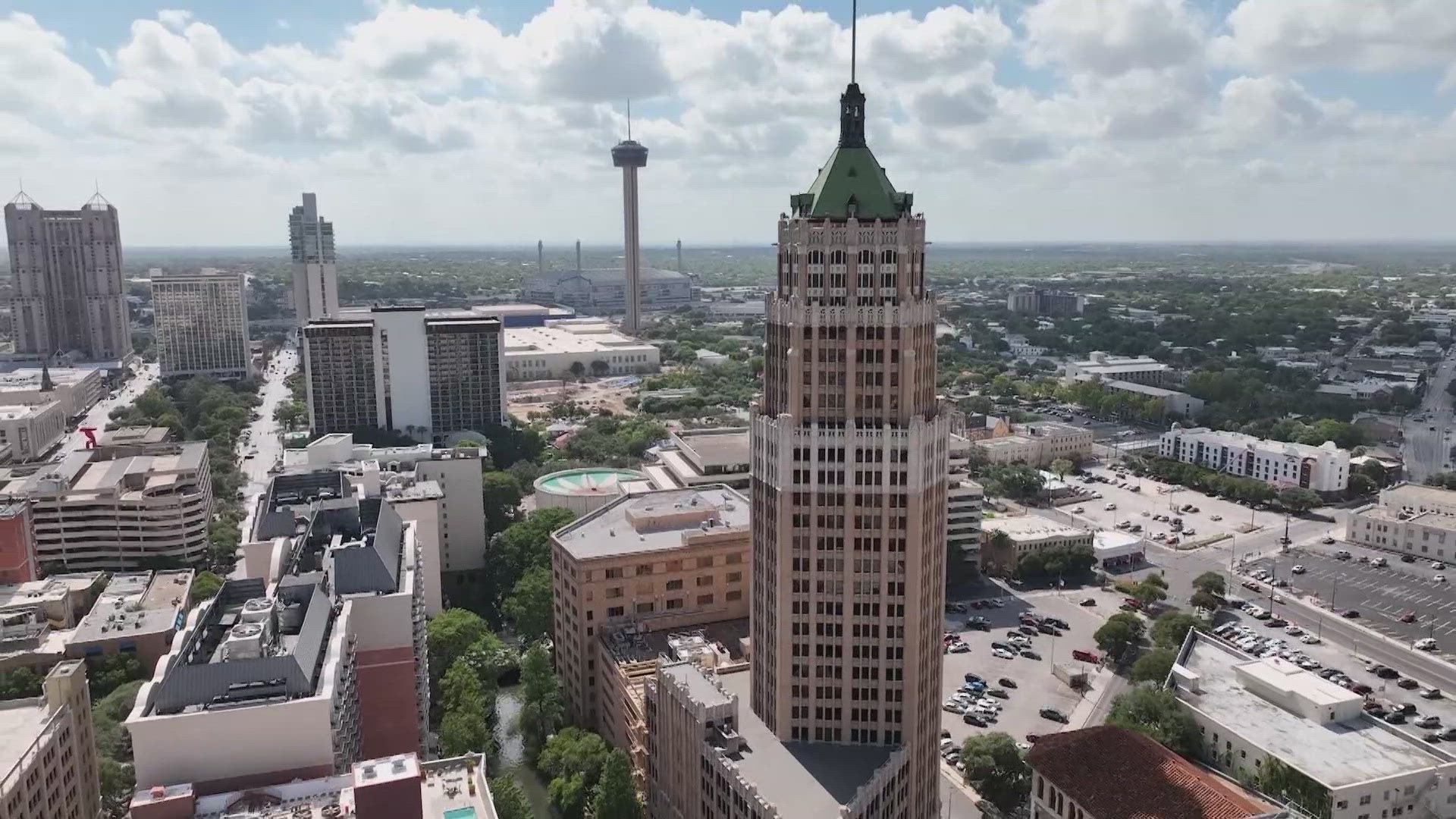CHICAGO — The Chicago Police Board on Thursday fired four police officers for allegedly covering up a white officer's 2014 fatal shooting of black teenager Laquan McDonald.
The nine-member board found the officers exaggerated the threat posed by the 17-year-old McDonald to justify his shooting by Jason Van Dyke and voted unanimously for the dismissal of Sgt. Stephen Franko and officers Janet Mondragon, Daphne Sebastian and Ricardo Viramontes.
Police Superintendent Eddie Johnson in 2016 accused the officers of either giving or approving knowingly false statements. None of the four were charged criminally, however they were stripped of police powers and assigned to desk duty as their case proceeded.
A Cook County judge acquitted three other officers in January of conspiracy, obstruction of justice and official misconduct charges in the case.
Former Officer Joseph Walsh, Officer Thomas Gaffney and former Detective David March were charged with obstruction of justice, conspiracy and official misconduct. Prosecutors said they lied to shield Van Dyke from prosecution. A judge rejected the contention that a video of McDonald's death proved police officers staged a cover-up.
McDonald was carrying a small knife in 2014 when Van Dyke exited his squad car and almost immediately opened fire. Police video released in 2015 showed Van Dyke firing 16 bullets into McDonald, many after the teen had crumpled to the ground.
Jurors convicted Van Dyke of murder in October. He's serving a more than six-year prison term.
Illinois' Supreme Court denied a bid by the state's attorney general a special prosecutor to resentence Van Dyke. They deemed the sentence was too lenient for the crime.
The McDonald case has roiled the criminal justice system in Chicago. The then police superintendent, Gerry McCarty, was fired by then-Mayor Rahm Emanuel and the then top prosecutor, Cook County State's Attorney Anita Alvarez, was ousted by voters. Many believe Emanuel decided against running for a third term because of the case. It also led to a U.S. Justice Department investigation that found a "pervasive cover-up culture" and prompted plans for far-reaching police reforms.



